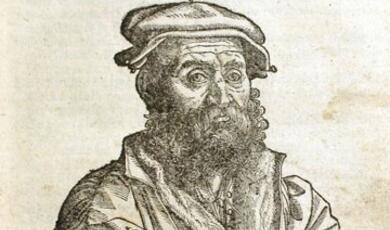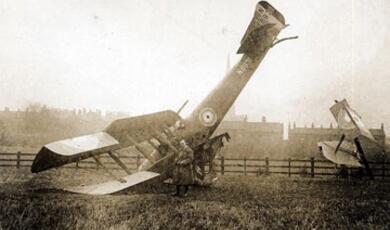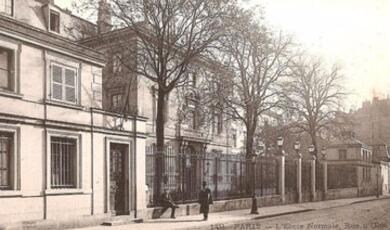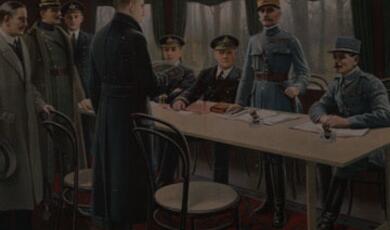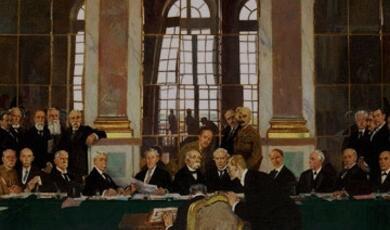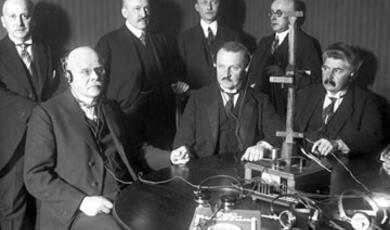For the centenary of the end of World War I, this lecture series looks at how the end of the war came about and the consequences it had for Europe in the decades to come. Did the Treaty of Versailles lead to the outbreak of World War II? And why did the Weimar Republic fail to create a democracy in Germany?
Professor David Stevenson re-examines how World War I ended, anticipating the centenary commemorations in 2018. He discusses both why Germany requested a ceasefire, and why the Allies and America granted one. He argues that the German army was near collapse and that Germany was not defeated by a ‘stab in the back’ at home. None the less, the Allies had good reasons not to press on to Berlin.
A century has passed since the Treaty of Versailles between the Allies and Germany was signed on 28 June 1919. The treaty imposed peace terms - which have remained the subject of controversy ever since - and it also attempted to set up a new international order to ensure that there would never again be such a destructive war as that of 1914-18. Professor Margaret MacMillan, a specialist in British imperial history and the international history of the 19th and 20th centuries, considers to what extent the treaty led to the outbreak of World War II and whether the attempt to create a new world order was a failure.
In August 1919 the ill-fated Weimar Republic was founded and then superseded 14 years later by the Nazi dictatorship. Professor Sir Richard Evans, one of the world's foremost authorities on modern German history, asks why the Republic failed in its attempt to make Germany democratic, and what lessons can be learned for the future of democracy in the 21st century.


 Login
Login

